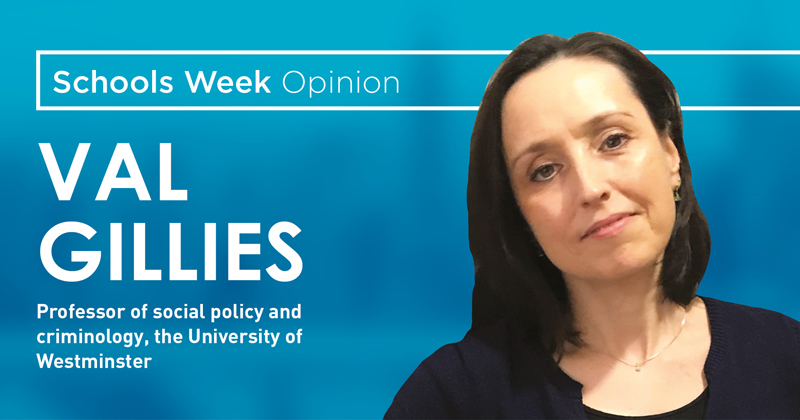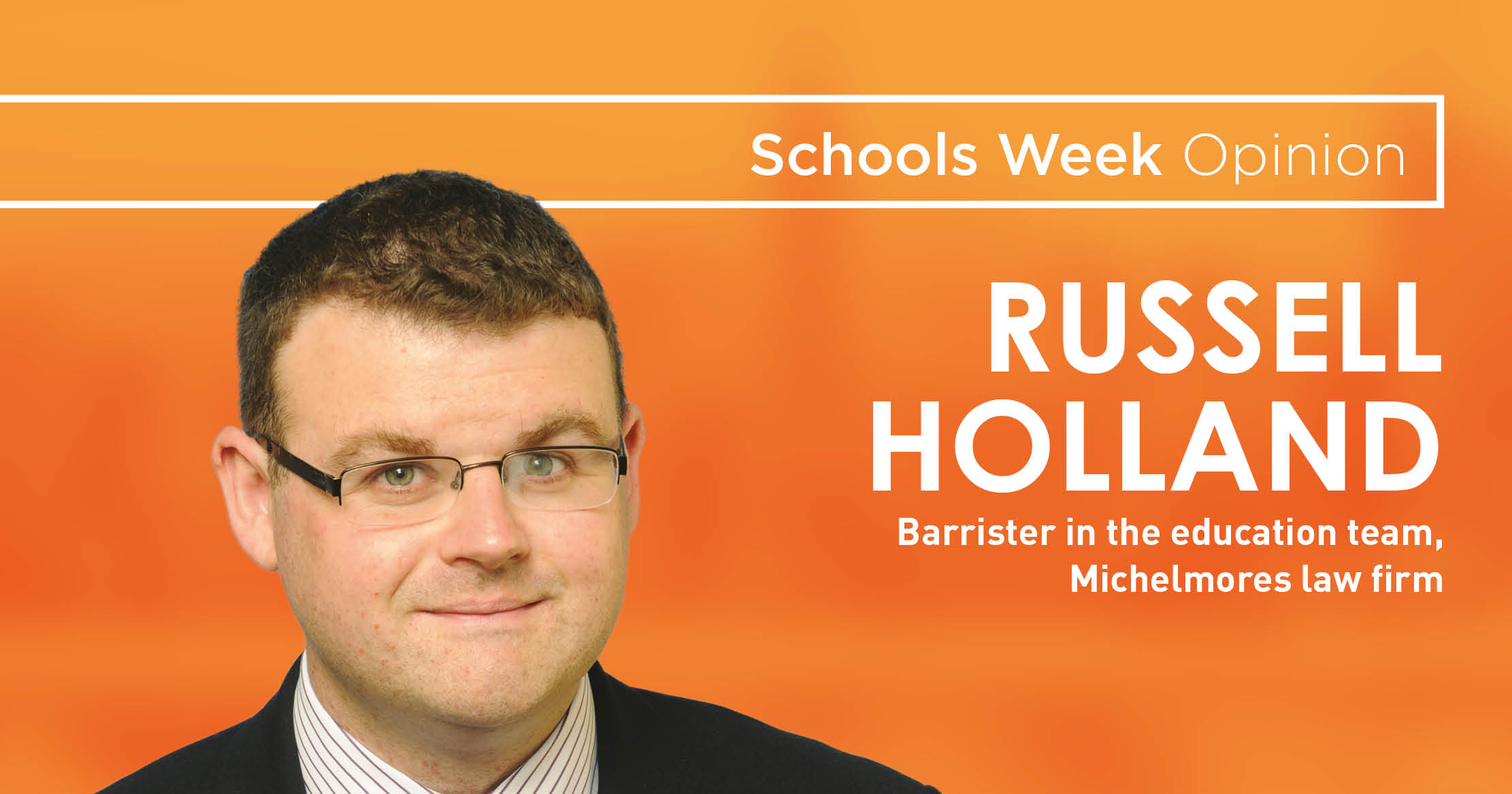Even with an inclusive approach and a clear behaviour policy, permanent exclusion is sometimes necessary to protect staff or students, says Jacqueline Valin
Pupil exclusions are finally on the political radar, and it’s heartening to see the issue being publicly examined. With permanent and fixed-term exclusion rates on the rise, the question of when, or indeed whether, to exclude needs addressing.
At present, schools are only going to become more likely to permanently exclude pupils who may affect their scores. As Amanda Spielman said in her first report as Ofsted chief inspector last year, children with special educational needs and disabilities are particularly vulnerable to “off-rolling”, where they are pushed “out of sight and out of mind”.
Other pupils fail to engage with mainstream education because their personal circumstances make it unmanageable: they may have lost parents or carers, suffered abuse at home, be struggling with mental illness, or balancing caring responsibilities with their own education.

Rather than moving to exclude these children, school leaders should be doing all we can to provide the support they need.
This doesn’t mean tolerating behaviour that disrupts others’ educations. School leaders must ensure that structures are in place to support good learning at all times. Every pupil must understand what is expected of them and what the behaviour policy is, instilled through assemblies, tutor time and parent communications, and this must be consistently applied by all staff.
Our school has three clear rules, displayed all over the building in language accessible to all: 1) keep your hands and feet to yourself, 2) follow instructions, and 3) treat everyone with respect. No one wants to see a child excluded, and if they follow those very simple rules, I guarantee this will never happen.
While most pupils will do whatever it takes to get back into their classes, there are always a few who don’t
Fixed-term exclusions are unnecessary: in too many cases, children will simply end up on the street. With adequate in-school systems such as staggered timetables, it’s possible to keep pupils separated from their peers but ensure they are keeping up with their classwork. Isolation is not sufficient: it’s vital to have interventions to discuss and address the behaviour.
While most pupils will do whatever it takes to get back into their classes, there are always a few who don’t. Persistent disruptive behaviour was the reason for 35 per cent of all permanent exclusions at state-funded schools last year.

In some of these cases, what pupils really needed was more personalised support. To this end, we have a separate building for the small number of pupils who aren’t coping in the main school.
Within this centre, we can be more intensive in our monitoring. We can call children each morning to make sure they come to school, for instance, and we are more adapted to manage issues like lateness that would disrupt the school day in the mainstream setting. We can have closer, more regular contact with parents and carers, and provide regular one-to-one mentoring.
All the students in this centre sit at least seven GCSEs, with a focus on progression to further education, apprenticeships or employment.
There are circumstances in which a school is left with no option, as when a pupil deliberately attacks a member of staff or brings a weapon into school.
Our local PRU acts as a kind of brokering centre for excluded children, working with them before sending them to us, initially for a 12-week trial period. This kind of arrangement can be very successful – children need the chance to start afresh.
Managed moves are often criticised as exclusion by another name, but sometimes it’s impossible to keep a child in a particular school. They may succeed with a fresh start at another school, however: a system which can be especially successful with a network of schools willing to work with the local authority to achieve the best outcomes.
The government can help reduce exclusions in two ways: by relaxing results-based pressures to encourage school leaders to focus on what is right for each child, and by improving schools’ capacity for pastoral and mental health support through increased funding.
Jacqueline Valin is executive principal of Southfields Academy






Your thoughts